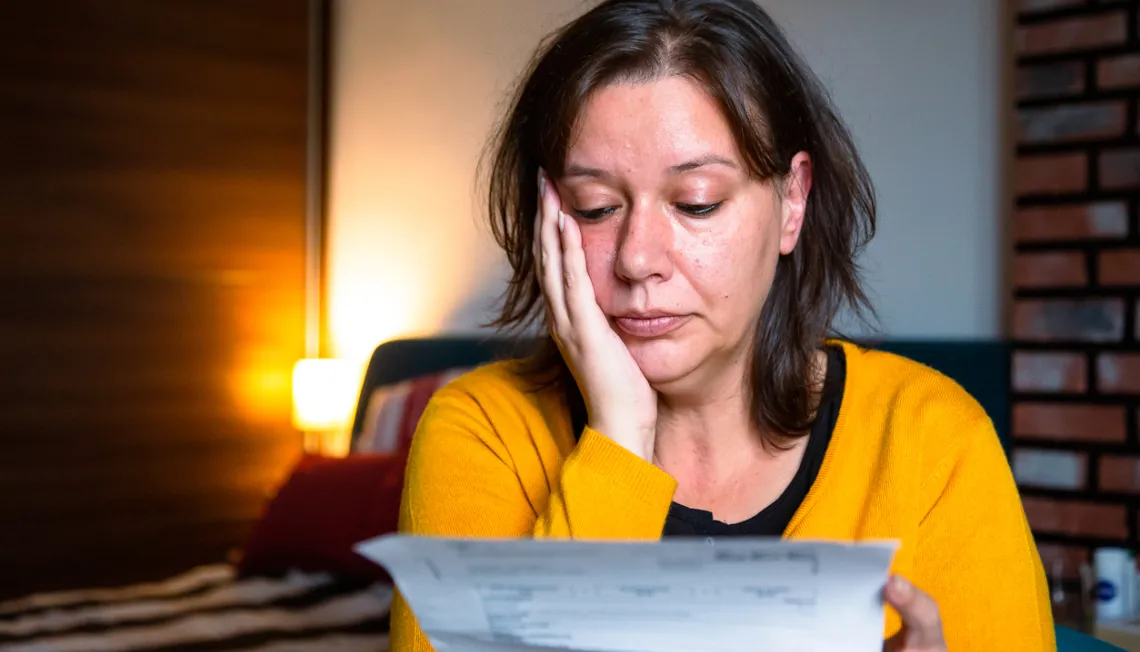We spoke to Rachel Allen, Coordinator for Criminal Justice in Wales about these new facilities that allow survivors of domestic abuse and sexual violence to provide evidence safely.
About Safe Video Link Evidence Facilities
During the pandemic, work commenced in Wales to increase the use of remote link sites as there was only one operational site within Wales. Due to the increase in domestic abuse cases, talks between HM Courts & Tribunals Service (HMCTS) and the Welsh Government began to ensure that survivors of domestic abuse could access such sites. This led to a successful collaboration between HMCTS, the Crown Prosecution Service, the Police, Welsh Government, and specialist providers which resulted in the Welsh Government investing more than £400,000 into 13 Safe Video Link Evidence Facilities. By creating these new facilities, the voice of vulnerable witnesses can now not only be heard but any anxieties and fears associated with providing evidence in court are reduced. It is important to note that the sites are also used for civil and family justice cases such as those going through family court proceedings.
Location of the facilities
Since 2020, a total of 11 Safe Video Link Evidence Facilities have gone live with plans for two further facilities in Cardiff to go live this summer. There are four regions in Wales with each region receiving £70,000 of capital funding to purchase and implement the technical equipment for these facilities. North Wales has three sites in Wrexham, Llangefni, and Dolgellau, and Gwent has one facility in Newport. Dyfed Powys, a more rural region, has two sites in Llanelli and Aberystwyth with a further site in Pembroke Dock aiming to be developed in 2022. Lastly, South Wales has 7 live sites in Barry (Cadoxton House), Neath, Rhondda, Merthyr, Aberdare, Maesteg, and Swansea.
Accessing the facilities
Special measures
If an individual has been subject to sexual or domestic abuse and is required to give evidence at a trial, then they are eligible to apply for special measures. Special measures are changes that are made during the justice process to ensure that vulnerable witnesses can provide evidence to the best of their ability. This is not limited to the safe video link evidence facilities and also includes:
- placing screens in the courtroom so that the defendant is unable to see them
- providing evidence from a separate room
- recording all or part of their evidence beforehand which will be delivered by video
- asking lawyers and judges to remove wigs and gowns
- asking the public to leave the courtroom so evidence can be given in private
- appointing an intermediary to help them communicate with the court
- facilitating the use of communication aids where needed
Special measures are important in creating a safe and comfortable environment and so it is essential to re-ask the survivor or witness if they want to apply for such measures if they have not already done so. Police officers, family court staff, support workers, witness service, and witness care officers can all advise and support them during this process. There is also an animation video in English and Welsh as well as a toolkit to explain all about special measures to survivors.
Support on the day
Regarding support on the day of supplying evidence, two options are provided to the survivors and witnesses. Either their support worker attends with them or they are asked by assistant care if they have someone. Witness service can also give them practical advice and there is a specialist support unit.
Survivors and witnesses are allowed to bring a close friend or family member but they are unable to go into the evidence room. Also, due to safeguarding, as many of the sites are based in the offices of domestic abuse service providers, male visitors have to check if they can attend by contacting the office beforehand.
Booking system
Once the court has granted special measures and agreed that the victim or witness can give their evidence via video link, the court staff contact the video link facility and book the room for the date of the trial. However, HMCTS has worked with the Microsoft team in Wales to develop an automated booking process that can be used in live time to book rooms and notify the site, making the process more effective and efficient. This system is being tested and will go live later this year.
However, for survivors of domestic and sexual violence going through the family court system, the process is slightly different. Survivors, their solicitors, or their support workers make a direct application via email to the family court to request to attend the hearing via live link. If the court agrees, the survivor, solicitor, or support worker can speak directly to the site to book the room for the date of the hearing.
Evaluation
An evaluation addressing to what extent the sites benefit the survivors will be carried out in October or November 2022. This will involve qualitative data to capture the voices of the survivors.
To learn more about the Safe Video Link Evidence Facilities, then you can get in touch with Rachel Allen at Rachel.Allen1@justice.gov.uk.
This case study was compiled by Maysa Clam in 2022
